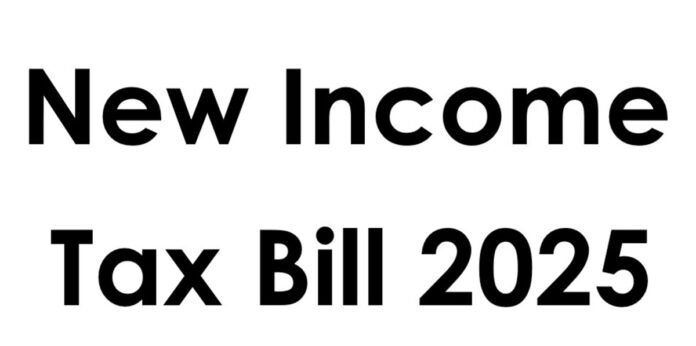New Income Tax Bill 2025: What to Expect
The government is set to introduce the New Income Tax Bill 2025 in Parliament tomorrow, Thursday. This 622-page bill with 536 sections and 23 chapters aims to replace the six-decade-old Income Tax Act of 1961. Let’s explore the major changes and how this new law differs from the existing system.
1. New Definition of ‘Tax Year’
One of the significant changes is the removal of the term ‘Previous Year’, which has now been replaced by ‘Tax Year’. Previously, taxes were paid in the assessment year (e.g., 2024-25) based on the income of the previous year (e.g., 2023-24). The new bill simplifies this by aligning the tax year directly with the income year, eliminating confusion.
2. More Structured Tax Administration
The number of sections has increased from 298 in the 1961 law to 536 in the new bill. Additionally, the number of schedules has been increased from 14 to 16, while the number of chapters remains at 23. Despite being more extensive at 622 pages, the new bill is designed to be more concise, structured, and easier to understand.
3. Digital Tax Monitoring & Modern Administration
The new bill embraces digital governance and streamlined tax compliance. Key clarifications have been made regarding taxation on the stock market and Employee Stock Options (ESOPs), reducing potential tax disputes.
4. Increased Autonomy for CBDT
Previously, the Income Tax Department required Parliamentary approval for implementing tax schemes and compliance changes. Under the new bill, the Central Board of Direct Taxes (CBDT) has been granted more autonomy to implement tax schemes and compliance rules independently, ensuring faster implementation of tax policies.
5. Clarity & Dispute-Free Taxation
Judicial decisions from the past 60 years have been incorporated into the new law to provide greater clarity in tax matters. Under Section 533, CBDT has been empowered to implement digital tax monitoring and compliance measures without external approval.
6. Parliamentary Process & Next Steps
The bill will first be introduced in Parliament, followed by a review by the Parliamentary Standing Committee. Finance Minister Nirmala Sitharaman had announced this new bill in the Budget 2025-26, and its framework was first discussed during the July 2024 budget.
7. Public Consultation & Expert Review
To ensure a well-structured tax system, the CBDT formed an internal committee and 22 expert sub-committees to analyze various aspects of the Income Tax Act. The government also invited public suggestions on language simplification, dispute reduction, ease of compliance, and removal of outdated provisions. Over 6,500 suggestions were received, many of which have been incorporated into the final bill.
The New Income Tax Bill 2025 is expected to bring a more transparent, modern, and efficient tax system, making compliance easier for taxpayers. Stay tuned for further updates as it moves through the legislative process!

